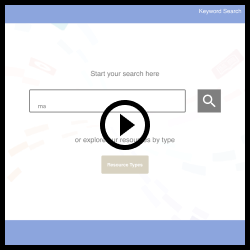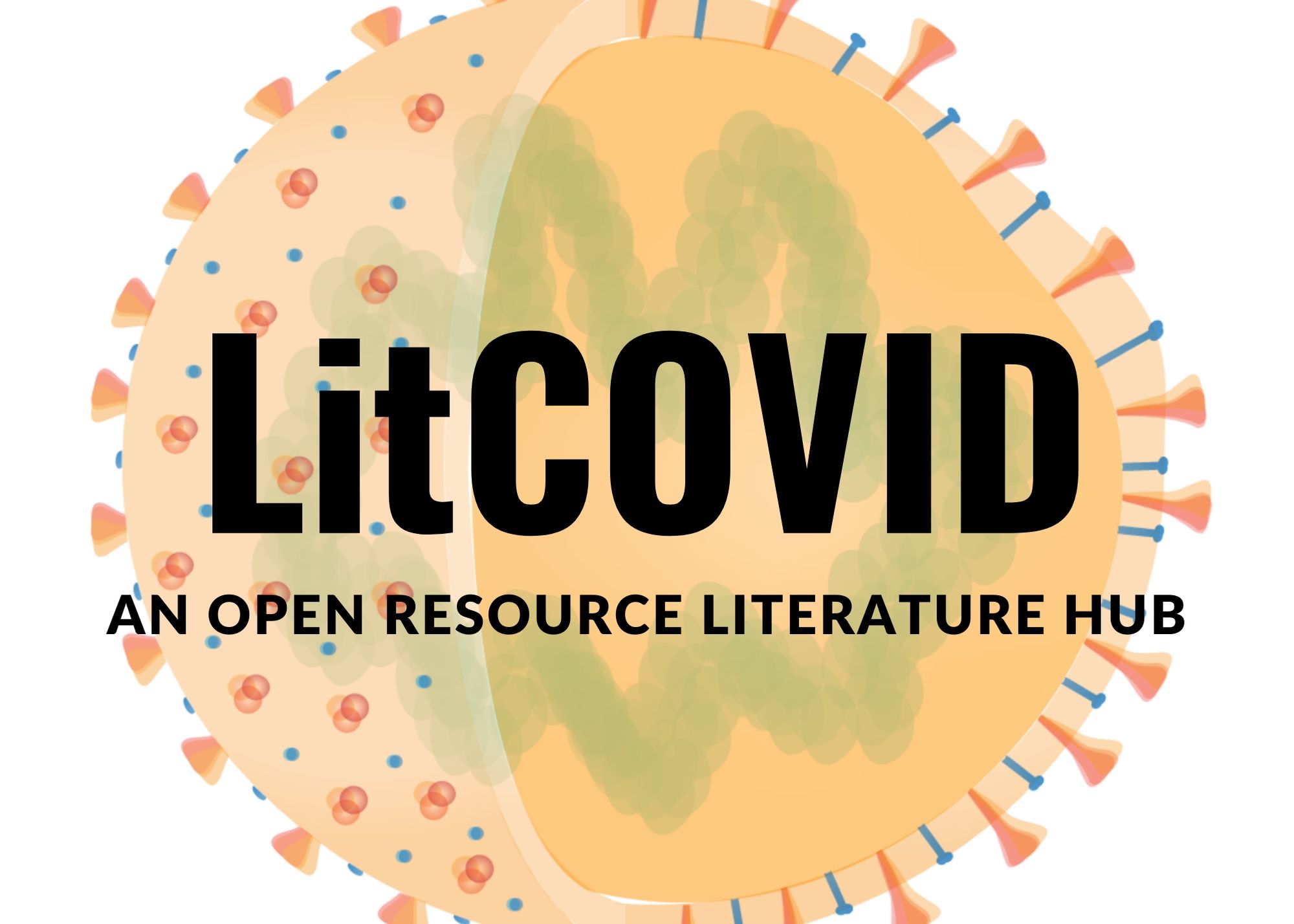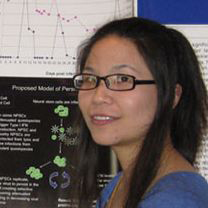About the RDP
The CD2H Resource Discovery Portal is a single, intuitive interface that allows researchers to explore the landscape of potential bio-informatics resources around a topic of interest.
We are in the final stages of development and test. We expect that the live version of RDP will be publicly available late April - early May. Check back here for updates!
What we provide
A simple search interface to quickly find varied resources around a given topic
Specialized interfaces for each resource type with resource-specific facets that allow users to explore the distribution of sources and search by facet
The ability to search resources by both institution and creator
The Platform
5,594,547 Total Resources!
A simple search interface to quickly find varied resources around a given topic
Specialized interfaces for each resource type with resource-specific facets that allow users to explore the distribution of sources and search by facet
The ability to search resources by both institution and creator
How does our tool work?
The resources on the Resource Discovery Portal are continually updated by harvesters that draw metadata from many publicly available biomedical resource repositories such as Medline, NIH Reporter, VIVO profiles. In addition to traditional sources, the RDP performs curated searches on platforms such as Github, Youtube, and CTSA member websites to hand-select resources that are relevant for biomedical research, including videos, channels, slide presentations, and Github profiles.
How to use RDP

The front-end allows users to explore the resource in multiple ways, including:
Keyword search - A simple one box search to see a range of results among the 10+ types of resources. Advanced searching is also available for users that would like to limit to specific resource types or further filter based on the many facets available for each resource type.
Resource type - Specialized views for each type of resource available. Users can explore interactive visualizations to see breakdowns of the available resources by various facets. Users can also search within a given facet’s results. For example, a user might explore datasets by performing the query “lung,” selecting a database, and browsing based on relevant subject terms.
Where is our data coming from?

DataMed
1,656,694 Documents
DataMed is a prototype biomedical data search engine. Its goal is to discover data sets across data repositories or data aggregators. In the future it will allow searching outside these boundaries. DataMed supports the NIH-endorsed FAIR principles of Findability, Accessibility, Interoperability and Reusability of datasets with current functionality assisting in finding datasets and providing access information about them.

NIH Clinical Trials
394,327 Documents
ClinicalTrials.gov is a Web-based resource that provides patients, their family members, health care professionals, researchers, and the public with easy access to information on publicly and privately supported clinical studies on a wide range of diseases and conditions. The Web site is maintained by the National Library of Medicine (NLM) at the National Institutes of Health (NIH). Information on ClinicalTrials.gov is provided and updated by the sponsor or principal investigator of the clinical study. Studies are generally submitted to the Web site (that is, registered) when they begin, and the information on the site is updated throughout the study. In some cases, results of the study are submitted after the study ends. This Web site and database of clinical studies is commonly referred to as a "registry and results database."

LitCOVID
189,281 Documents
LitCovid is a curated literature hub for tracking up-to-date scientific information about the 2019 novel Coronavirus. It is the most comprehensive resource on the subject, providing a central access to 217091 (and growing) relevant articles in PubMed. The articles are updated daily and are further categorized by different research topics (e.g. transmission) and geographic locations.
Outbreak.info
178,978 Documents
In response to the current outbreak of SARS-CoV-2 (the virus that causes COVID-19), researchers worldwide have been generating and openly sharing data, publications, reagents, code, protocols, and more. Broad sharing of these resources improves the speed and efficiency of science. Unfortunately, there are no uniform standards and repositories for collecting all this information in one place.

VIVO
117,875 Documents
VIVO is member-supported, open source software and an ontology for representing scholarship. VIVO supports recording, editing, searching, browsing, and visualizing scholarly activity. VIVO encourages showcasing the scholarly record, research discovery, expert finding, network analysis, and assessment of research impact. VIVO is easily extended to support additional domains of scholarly activity.

YouTube
101,283 Documents
Our mission is to give everyone a voice and show them the world. We believe that everyone deserves to have a voice, and that the world is a better place when we listen, share and build community through our stories.

DataCite
57,635 Documents
DataCite is a leading global non-profit organization that provides persistent identifiers (DOIs) for research data and other research outputs. Organizations within the research community join DataCite as members to be able to assign DOIs to all their research outputs. This way, their outputs become discoverable and associated metadata is made available to the community. DataCite then develops additional services to improve the DOI management experience, making it easier for our members to connect and share their DOIs with the broader research ecosystem and to assess the use of their DOIs within that ecosystem. DataCite is an active participant in the research community and promotes data sharing and citation through community-building efforts and outreach activities.
The Project
History
Funded by the CTSA National Center for Data to Health (CD2H), the Resource Discovery Portal has grown out of three distinct initiatives sharing the common goal of increasing the discoverability of resources relevant to biomedical sciences. These initiatives were:
SciTS Led by David Eichmann, University of Iowa - Responded to the need for a tool that would enable biomedical scientists to better garner academic intelligence, expand their expertise identification abilities, and increase their access to both traditional and non-traditional scientific artifacts.
Outbreak.info Led by Chunlei Wu, Scripps Research - Created a comprehensive metadata schema to promote FAIR data-sharing best practices and maximize the research impact of scientists and their organizations, including the CTSA hubs.
CD2H Tool Registry Led by James Eddy, Sage Bionetworks - Identified gaps caused by dispersed knowledge of biomedical software tools. The team created a centralized, curated library of resources developed by and for the NCATS research community.
After each initiative completed its first phases, the projects have been merged into the single search interface that is the RDP, resulting in one of the largest, most comprehensive search tools designed specifically for biomedical researchers. The team is continuing to develop this platform to remain on the cutting edge of facilitating science by meeting knowledge discovery needs in biomedical science.
CD2H
The CTSA National Center for Data to Health (CD2H) accelerates advancements in informatics by utilizing findable, accessible, interoperable, and reusable (FAIR) principles to promote collaboration across the Clinical and Translational Science Awards (CTSA) Program community. CD2H was funded in fall 2017 to coordinate and integrate informatics for the CTSA Program by promoting data reuse and interoperability, tool sharing, informatics fluency, and collaboration. The ultimate goal of the CD2H is to help CTSA Hubs thrive, accelerate advancements in informatics, and improve patient care.















